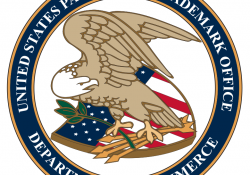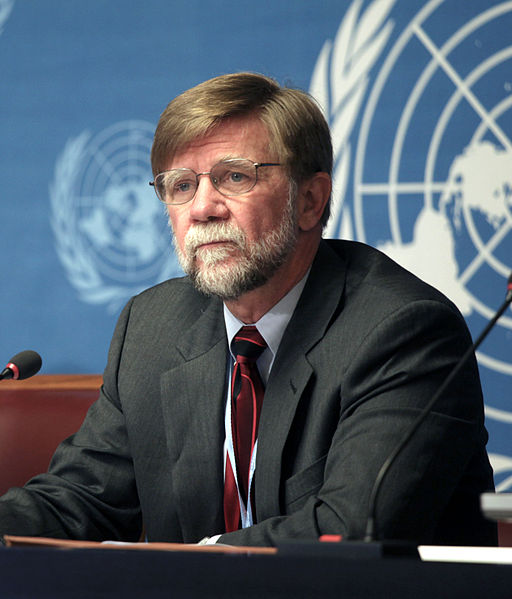Man gets three years probation, no jail time, for importing counterfeit drugs into USA
Despite very tough laws on the books in the US for counterfeiting, which include possible life sentences for some offenses, and the very aggressive federal PR campaign against counterfeit drugs, the US is not always that tough on the trade in counterfeit drugs. In this recent case, Curtis Henry was sentenced to three years probation.
http://www.ice.gov/news/releases/1205/120518rochester.htm
News Releases
MAY 18, 2012
ROCHESTER, NY
Upstate New York man sentenced for importing counterfeit pharmaceuticals

 On May 23, 2012, the World Health Assembly began discussion of Agenda Item 13.14, the report of the Consultative Expert Working Group (CEWG) on Research and Development Financing and Coordination.
On May 23, 2012, the World Health Assembly began discussion of Agenda Item 13.14, the report of the Consultative Expert Working Group (CEWG) on Research and Development Financing and Coordination.